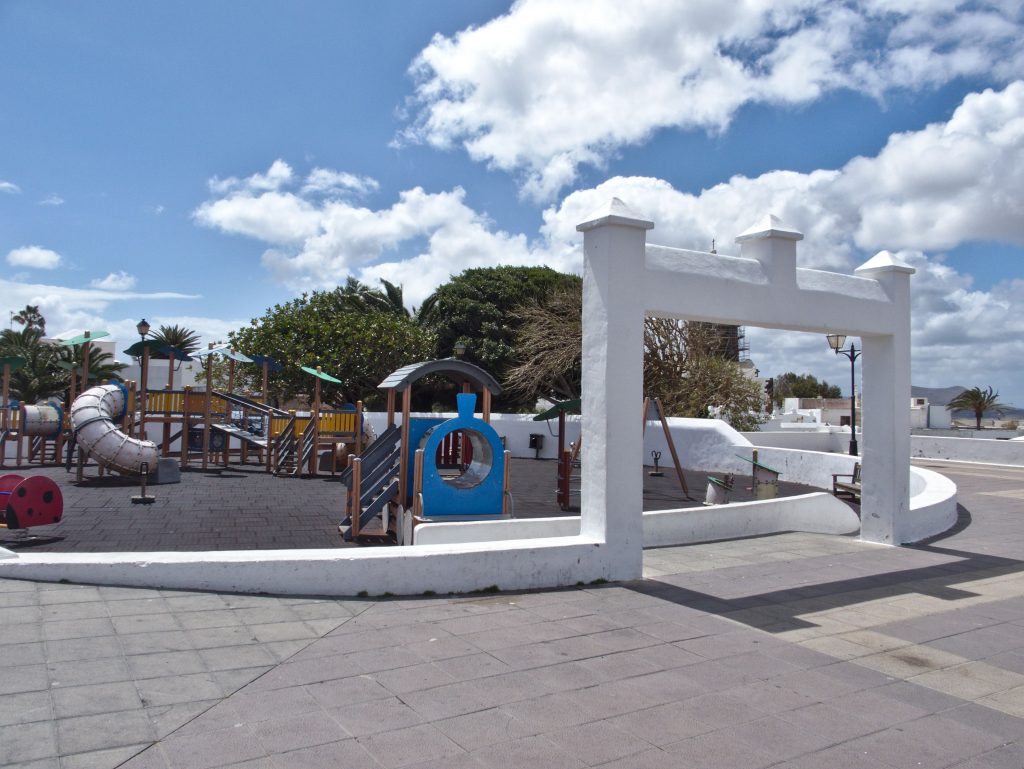Negros de Gran Canaria, moriscos de Lanzarote
En memoria de mi madre, Carmen Alonso Suárez, tirahanera de origen, teldense de corazón, palmense de nacimiento y schamannera de arraigo.
No hace mucho, un artículo de prensa atribuía la inexistencia de una Chinatown en Canarias al doble hecho de que la comunidad china residente en el archipiélago es escasa, y al espíritu integrador de la población canaria.
En realidad, a diferencia de lo que en las grandes urbes occidentales suele entenderse por cosmopolitismo, que en su faceta menos amable deriva en la progresiva formación de barriadas donde únicamente conviven y se interrelacionan las personas pertenecientes a un mismo grupo étnico o social, el carácter cosmopolita de Canarias se debe a la feliz paradoja de que su propia condición de islas, y más concretamente de islas pequeñas, tiende a dificultar la conformación de grupos humanos cerrados, y no menos determinante en este contexto ha sido la inexistencia de una división tajante entre el medio urbano y el rural, obligando la escasez de distancia física, en ambos casos, a la convivencia e interacción social. Esto es innegablemente positivo y deseable.



